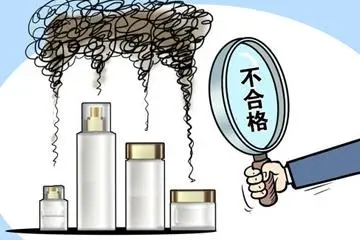在当今市场经济中,企业间的合作已经成为提高生产效率、增强市场竞争力的重要手段。尤其是药材种植公司,由于其产品特性决定了需要长期稳定的供应链管理,这使得与其他企业建立合作关系变得尤为必要。在这种情况下,药材种植公司可以通过资源共享来提升自己的生产效率和市场竞争力。
首先,资源共享意味着不同企业之间能够更好地利用各自的优势,从而实现共同发展。例如,一家拥有先进技术的药材种植公司,可以与一家具备丰富经验的种苗提供商合作,将最优质的品種引入到自身的栽培中。此外,与专业化加工厂家的合作,也能确保成熟后的药材得到最佳处理,从而增加产品价值。

此外,资源共享还包括人力资本方面。在现代企业管理中,人才是最宝贵的人力资产。跨越多个行业或地区范围内进行人才交流,不仅能够促进知识和技能水平的一般升级,还能激发创新思维,为整个产业带来新的动能。此举不仅有助于解决单个企业内部可能出现的人才短缺问题,更能够为整个行业注入活力。
然而,在实践中,要想成功实施资源共享策略,并非易事。这要求参与方必须有一定的互信基础以及明确沟通渠道,以便在遇到问题时能迅速找到解决方案。此外,对于涉及到的法律法规也需格外留意,以免因违规操作导致合法权益受损。

为了实现有效资源共享, pharmacies need to establish a clear communication mechanism and build trust with their partners. This can be achieved through regular meetings, joint training sessions, and the establishment of a shared database for information exchange.
In addition to these measures, it is also important for pharmaceutical companies to identify their strengths and weaknesses in order to determine which resources they should share with others. By doing so, they can focus on areas where they have a comparative advantage while leveraging the capabilities of other companies in areas where they are less strong.

Another key aspect of resource sharing is technology transfer. Pharmaceutical companies can benefit from advanced technologies developed by other companies or research institutions. For example, precision agriculture techniques such as drone-based monitoring and satellite imaging can help improve crop yields and reduce costs associated with manual labor.
Furthermore, pharmaceutical companies may also consider forming partnerships with educational institutions or research organizations. These collaborations can lead to the development of new varieties of medicinal plants that are more resilient to pests and diseases or require fewer pesticides.

Finally, it is worth noting that resource sharing must be done in a way that respects intellectual property rights (IPR) laws. Pharmaceutical companies must ensure that any technology or knowledge transferred does not infringe on existing patents held by third parties.
In conclusion, pharmaceutical company cooperation through resource sharing has become an essential strategy for improving production efficiency and competitiveness in today's competitive market environment. However, successful implementation requires careful planning, effective communication mechanisms between partners based on mutual trust building efforts related law compliance considerations involving intellectual property rights issues carefully handled

标签: --



